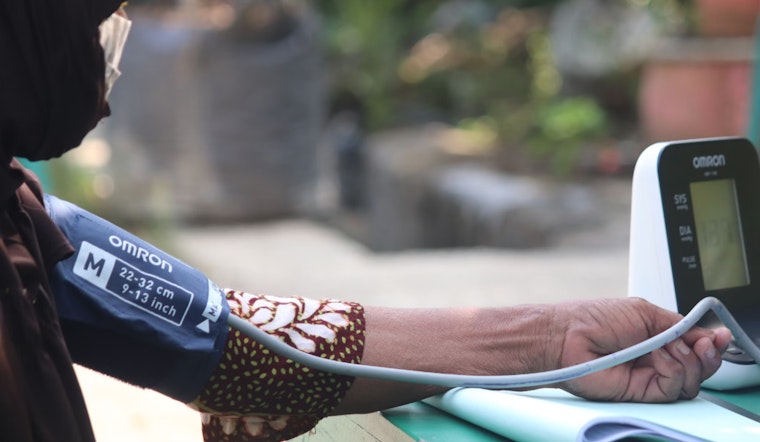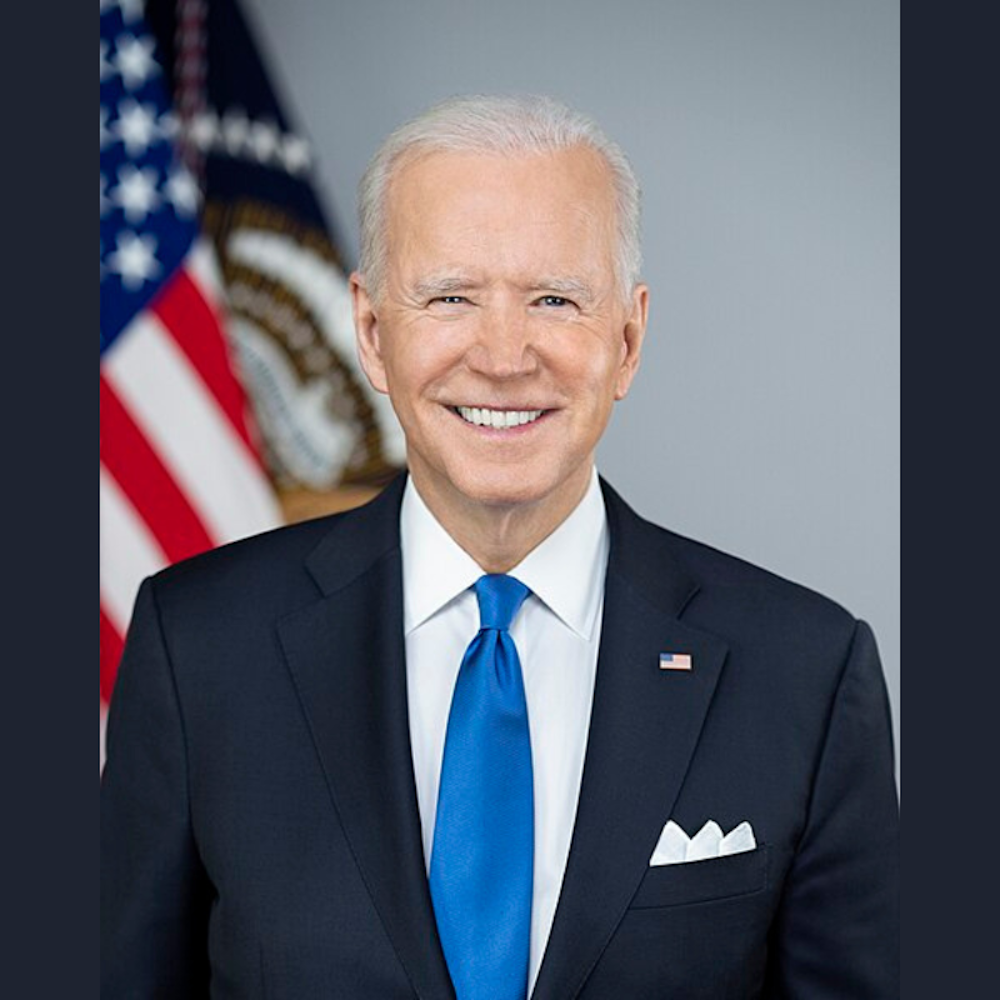
A ground-breaking study has revealed that a weight loss medication known as tirzepatide could also slash blood pressure in individuals with obesity, potentially offering a dual benefit for those grappling with two major health issues. As reported by ABC15, the findings come from a new research release from the American Heart Association's journal Hypertension.
The study tracked 500 adults over eight months and their administration of tirzepatide over 36 weeks, showing systolic blood pressure reductions of 7.4 mm Hg for the 5-milligram dose, 10.6 mm Hg for the 10-milligram dose, and 8 mm Hg for the 15-milligram dose. "Our findings indicate treating obesity with the weight loss medication tirzepatide may be an effective strategy for preventing or treating high blood pressure," Dr. James A. de Lemos, lead study author, told ABC15. Notably, nighttime blood pressure, a more significant indicator for cardiovascular death, also decreased.
Mirroring these results, a separate study posted by CNN, involving 600 adults, highlighted that tirzepatide led to a significant dip in systolic blood pressure after nine months of weekly doses. The study, which was funded by the drug's manufacturer, Eli Lilly, bolstered the notion that the drug, initially approved for managing Type 2 diabetes, could have sweeping implications for weight management and heart health.
Despite the promising results, researchers have cautioned that it remains unclear whether the blood pressure reduction stems directly from the use of tirzepatide, or the associated weight loss. "The real effect of tirzepatide on blood pressure may be even more pronounced," Dr. Michael E. Hall, chair of the Department of Medicine at the University of Mississippi Medical Center, as noted by CNN. Future studies aim to determine tirzepatide's long-term impacts on heart-related issues and whether blood pressure benefits persist after discontinuation of the medication.
This innovative approach to tackling both obesity and hypertension comes as a beacon of hope, particularly when nearly half of U.S. adults face high blood pressure, according to CDC figures from 2021. With the obesity epidemic firmly entwined with hypertension, medical professionals see tirzepatide's potential as a significant advancement in treating these intertwined conditions.
However, the high cost and lack of insurance coverage for new obesity drugs like tirzepatide could pose barriers to widespread usage, as Dr. Harlan Krumholz, a cardiologist at Yale University, points out to CNN. Krumholz voices concern that without addressing these access issues, the treatment gap in the United States could exacerbate, leaving many patients without necessary care.









